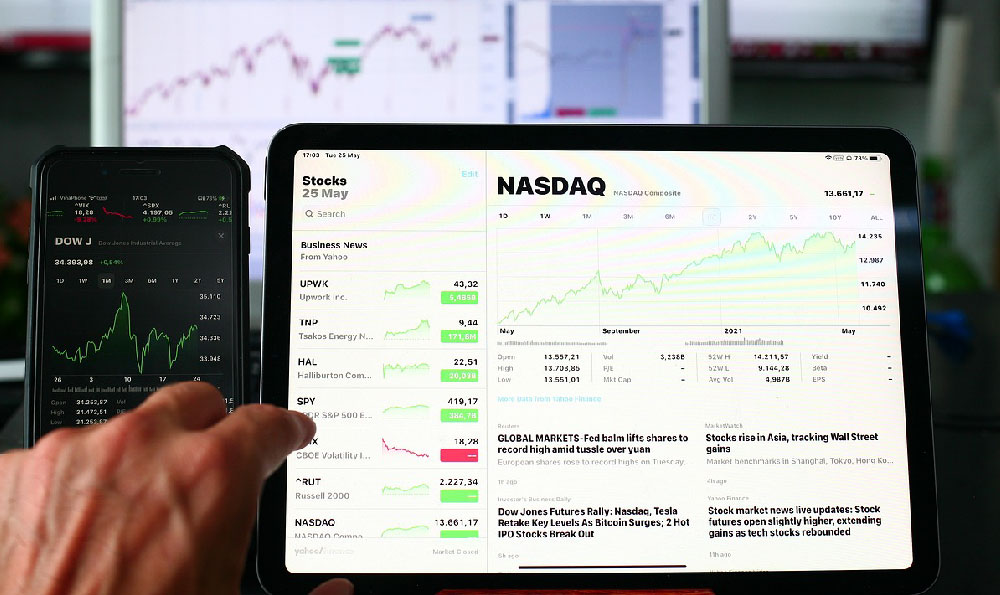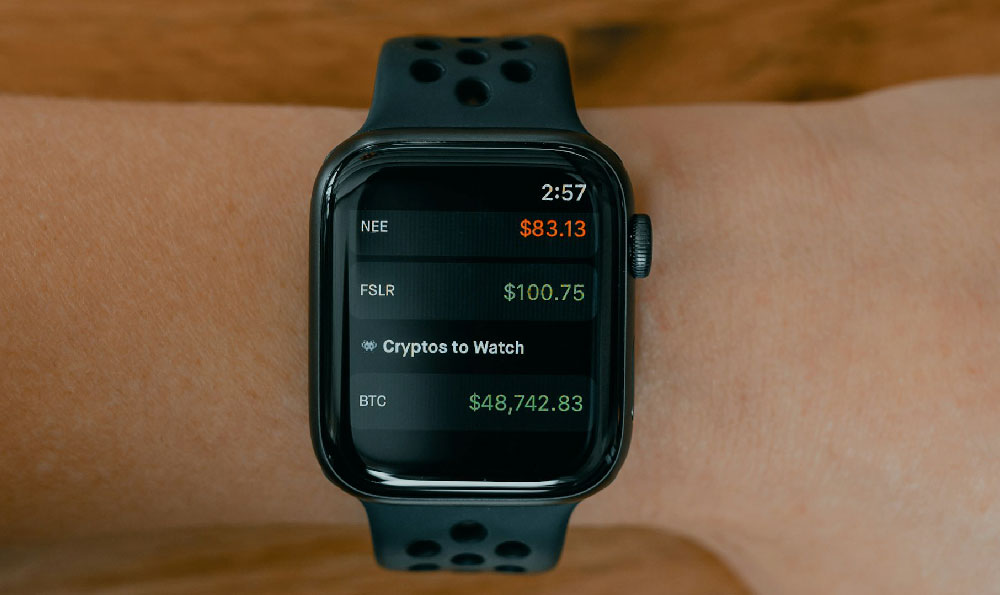Okay, I'm ready. Here's an article based on your title, aiming for detail, depth, and a narrative flow rather than a bullet-point list.
How Much Do Musicians Earn? What Factors Influence Their Income?
The mystique surrounding the life of a musician often overshadows the practical reality of their income. While dreams of sold-out stadiums and platinum records fuel many aspirations, the financial landscape for musicians is complex and varied, influenced by a confluence of factors that determine whether they thrive or struggle. Pinpointing a definitive average salary for musicians is nearly impossible due to the vast spectrum of roles, genres, experience levels, and commitment. However, understanding the income streams and the forces that shape them provides a clearer picture of a musician's potential earnings.

The income streams available to musicians have evolved drastically over the past few decades, largely due to the digital revolution. Traditionally, revenue came primarily from record sales, live performances, and publishing royalties. While these remain crucial, the digital age has introduced streaming revenue, merchandise sales, crowdfunding, licensing, online teaching, and sponsored content as vital components of a musician’s financial portfolio.
Record sales, once the cornerstone of musician income, have diminished significantly with the rise of streaming services. While a major record deal might still offer a substantial advance, recouping that advance and earning significant royalties requires enormous streaming numbers. Independent musicians often forgo record deals altogether, retaining ownership of their masters and distributing their music independently through platforms like DistroKid or CD Baby. This offers greater control and a larger percentage of royalties, but it also places the burden of marketing and promotion squarely on the musician.
Live performances, however, remain a consistently significant source of income for many musicians. From local gigs in bars and clubs to headlining major festivals, the earning potential here is directly related to the size of the venue, the artist's popularity, and their negotiating power. Touring, particularly for established acts, can generate considerable revenue through ticket sales, merchandise sales at venues, and performance fees. Building a strong live performance following often takes time and dedication, requiring relentless gigging, strategic marketing, and consistent audience engagement. A significant portion of income from live performance goes into transportation, accommodation, equipment and staffing, so a higher gross revenue isn't automatically a higher income for musicians.
Publishing royalties are a complex but crucial aspect of a musician's income, covering mechanical royalties (generated from physical and digital copies of a song), performance royalties (collected when a song is played publicly, on radio, or at venues), and synchronization royalties (earned when a song is used in films, television, or video games). Registering songs with performing rights organizations (PROs) like ASCAP, BMI, or SESAC is essential for collecting these royalties. Navigating the world of publishing rights can be daunting, and many musicians choose to work with a publisher or administrator to maximize their royalty collection.
Streaming revenue, while generating substantial sums collectively for the music industry, often provides only a fraction of a cent per stream to individual artists. Achieving a livable income solely through streaming requires millions of streams, a feat reserved for a small percentage of musicians. The streaming economy is highly competitive, and visibility is often dictated by algorithms and playlists curated by streaming platforms.
Beyond these core income streams, many musicians diversify their earnings through various supplementary avenues. Merchandise sales, including clothing, accessories, and signed items, can generate significant revenue at live performances and through online stores. Crowdfunding platforms like Kickstarter or Patreon allow musicians to directly solicit funds from fans for specific projects, such as recording an album or going on tour. Licensing music for commercial use, such as in advertisements or corporate videos, can provide lucrative one-off payments. Some musicians also offer online music lessons, either privately or through platforms like Teachable, providing a stable and reliable income stream. Sponsored content and brand partnerships, where musicians promote products or services to their followers, have also become increasingly popular, particularly for musicians with a strong social media presence.
Several factors significantly influence a musician's earning potential. Genre plays a vital role, as certain genres, such as pop, hip-hop, and country, tend to have larger audiences and greater commercial appeal. Geographical location also matters, as musicians in major music hubs like Los Angeles, New York, or Nashville have greater access to opportunities and networking connections. The artist's level of experience and skill is, naturally, a key determinant. A seasoned professional with years of experience and a strong track record commands higher fees and royalties than a newcomer.
Marketing and promotion are paramount in today's music industry. Building a strong online presence through social media, email marketing, and a professional website is essential for reaching a wider audience and attracting potential fans and collaborators. Strategic partnerships with publicists, managers, and booking agents can also significantly elevate an artist's visibility and earning potential.
Perhaps the most critical factor influencing a musician's income is their business acumen. Success in the music industry requires not only talent and creativity but also strong business skills, including financial management, contract negotiation, and intellectual property protection. Musicians who understand the intricacies of the industry and are proactive in managing their careers are far more likely to achieve financial stability and long-term success.
In conclusion, the financial life of a musician is a tapestry woven from various income streams, influenced by a multitude of factors. While the path to financial security can be challenging, musicians who are proactive, adaptable, and business-savvy can navigate the complexities of the industry and create a sustainable and fulfilling career. The dream of making a living doing what you love is attainable, but it requires more than just musical talent; it demands a strategic and entrepreneurial mindset.












